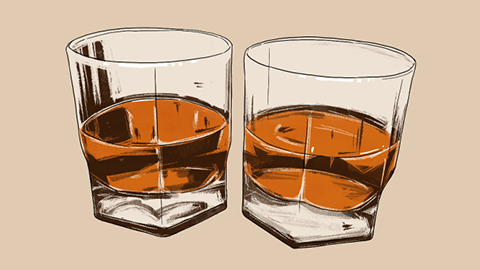Can I drink alcohol while taking antidiabetic medications?
Generally speaking, alcohol consumption is not recommended while taking antidiabetic medications. The reasons are as follows:

Components of antidiabetic medications may interact with alcohol, reducing drug effectiveness and impairing the control of blood glucose levels. This interaction might cause previously controlled blood sugar levels to rise again, increasing the risk of diabetes complications.
Alcohol can promote increased insulin secretion, and insulin is the main hormone responsible for lowering blood glucose. If alcohol is consumed after taking antidiabetic medication, it may further lower blood sugar levels, thereby increasing the risk of hypoglycemia. Hypoglycemia can cause symptoms such as dizziness, palpitations, and sweating, and in severe cases, it may even be life-threatening.
Alcohol consumption may reduce appetite, leading to inadequate nutrient intake; at the same time, alcohol can also affect sleep quality, thus impacting the body's endocrine and metabolic functions. These changes may make blood glucose levels more difficult to control.
To protect their health and safety, diabetic patients should strictly follow medical advice and avoid drinking alcohol during treatment. Additionally, they should maintain healthy lifestyle and dietary habits to better control blood glucose levels and prevent the occurrence of diabetes complications.







